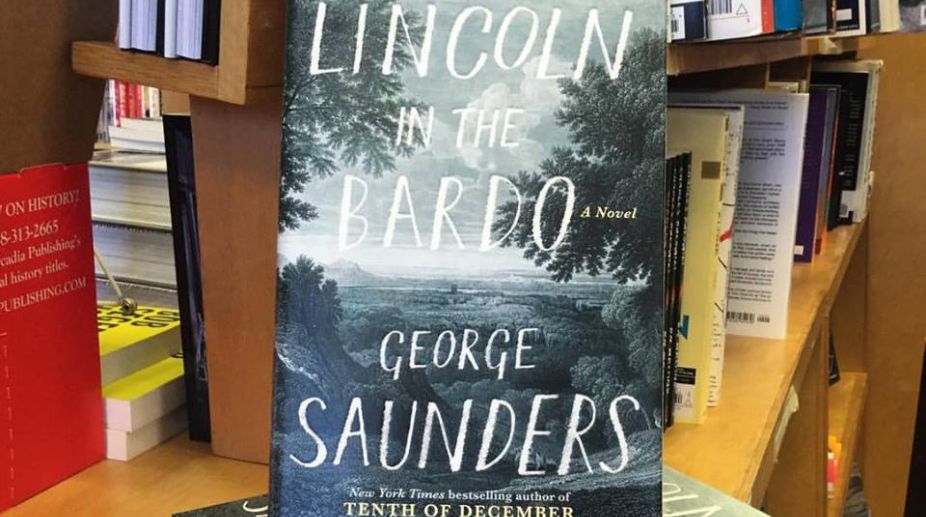Climate change education vital for sustainable future
One is to empower people to participate effectively in environmental decision-making, environmental governance, climate mitigation and climate adaptation.

(Photo: Facebook)
Set over the course of a single night, Folio prize-winning author George Saunders' new novel captures the grief of Abraham Lincoln over the death of his 11-year-old son Willie while the Civil War raged on in the United States of America.
Lincoln in the Bardo notes that Abraham Lincoln often visited the crypt where his third son William Wallace Lincoln was buried, after succumbing, most likely, to typhoid fever on February 20, 1862.
Advertisement
Saunders draws from this seed of historical fact to base his novel dealing with death, limbo and what awaits 'beyond'.
Advertisement
Bardo, in Tibetan Buddhism, is a state of existence between death and rebirth, varying in length according to a person's conduct in life and manner of, or age at, death.
The book draws a parallel between the lives of Willie's ghost, that is caught in this limbo, and a similar uncertain state of Lincoln, after the boy's death.
While Willie lingers in this state along with the other ghosts, unable to move forward, his father languishes in his own bardo, grieving the loss of a favourite son and having to steer a country faced with war, while coming to terms with the finality of what has happened.
"No doubt you are feeling a certain pull?… An urge? To go? Somewhere? More comfortable?" the ghosts ask the young Willie.
"The young are not meant to tarry," says the ghost of Roger Bevins III, referring to the duration a child lasts in this state.
However, desperate to be reunited with his father, Willie is reluctant to leave the 'bardo'.
He replies, "My father was here and has promised to return, the boy said. I am trying to last."
The major chunk of characters in the novel are ghosts waiting in this liminal state, reliving their deaths and rambling tales of how their lives would have been had it not been cut short.
Advertisement